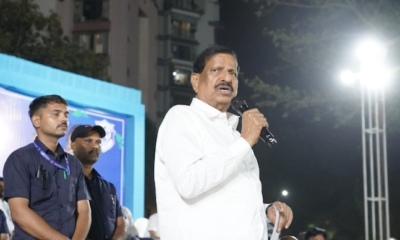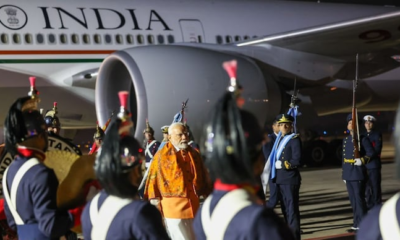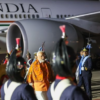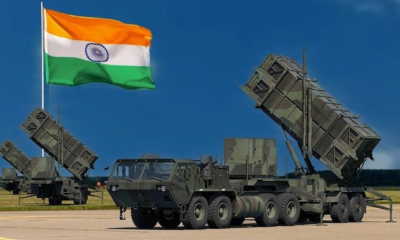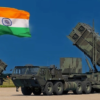India Mulls Blocking Airspace for Pakistani Airlines, Banning Pak Ships Amid Tensions Post-Pahalgam Attack
In the wake of the deadly April 22 Pahalgam terror attack that claimed 26 lives, India is considering a series of stringent retaliatory measures against Pakistan, including the closure of Indian airspace to Pakistani airlines and a potential ban on Pakistani ships at Indian ports. The moves are part of a broader diplomatic and economic response aimed at isolating Islamabad, which New Delhi accuses of harboring and supporting cross-border terrorism.
Sources within the government revealed that Indian authorities are actively discussing shutting down airspace access to Pakistani carriers. Should this plan be implemented, Pakistani airlines would be forced to reroute flights through alternative corridors such as China or Sri Lanka in order to reach Southeast Asian destinations like Kuala Lumpur and Bangkok, significantly increasing flight times and operational costs.
Pakistani carriers, anticipating Indian action, have reportedly already begun avoiding Indian airspace. The rerouting, though unofficial for now, reflects growing apprehension among Pakistani aviation authorities following the Pahalgam incident, where armed militants opened fire on tourists in Baisaran Valley. The attack, attributed to Pakistan-based terrorist groups, has reignited tensions between the two nuclear-armed neighbors.
In addition to airspace restrictions, Indian officials are also considering a port access ban on Pakistani ships. If enacted, this would prohibit Pakistani vessels from docking at Indian ports, dealing a blow to maritime trade and logistical operations between the two nations. The move would further escalate the already tense situation and disrupt key trade routes in the region.
The tensions have already triggered a series of tit-for-tat actions. Pakistan, in a preemptive move last week, closed its airspace to Indian airlines. The retaliatory step came after India suspended several bilateral agreements and initiatives. Chief among these was the Indus Waters Treaty, a decades-old agreement brokered by the World Bank, which India has now put on hold, tying its resumption to Pakistan ceasing all support for cross-border terrorism.
India has also shut down the Attari-Wagah Integrated Check Post, halting overland movement of goods and people. Visas issued to Pakistani nationals have been revoked, and all travel under the SAARC scheme for Pakistani citizens has been suspended. Additionally, India has set a deadline for Pakistani nationals residing in the country on valid travel documents to exit Indian territory.
On the diplomatic front, India has withdrawn its Defence, Navy, and Air Force advisors from its High Commission in Islamabad. In a reciprocal measure, it declared Pakistan’s military attachés posted in New Delhi as persona non grata and ordered their departure. The suspension of bilateral trade, already minimal since the 2019 Pulwama attack, has now been formalized, impacting sectors such as textiles, pharmaceuticals, and chemicals.
In response, Pakistan has categorically denied involvement in the Pahalgam attack and accused India of fabricating charges to justify aggressive actions. Islamabad has rejected the suspension of the Indus Waters Treaty and warned that any attempt by India to divert water allocated to Pakistan would be treated as an “act of war,” vowing a “full-spectrum” response.
Pakistan has also suspended all visas issued to Indian nationals and frozen remaining trade ties. With both nations hardening their stances, the diplomatic fallout from the Pahalgam tragedy threatens to plunge South Asia into another prolonged period of hostilities.
As India weighs its next steps, including aviation and maritime sanctions, global powers are watching closely amid fears of further escalation between the rival neighbors.
IT.













